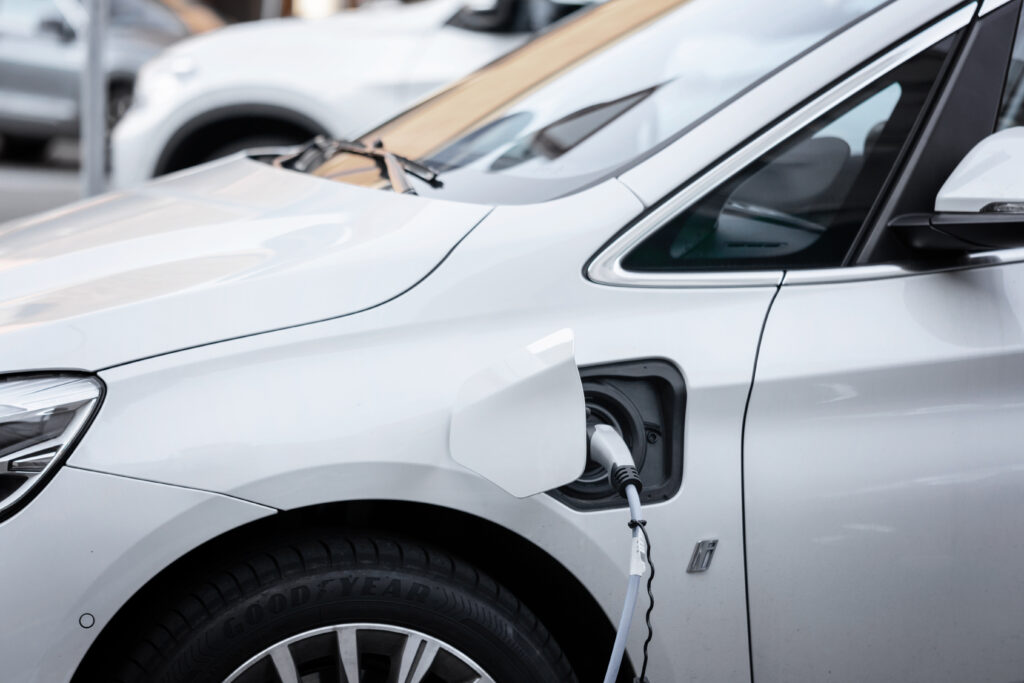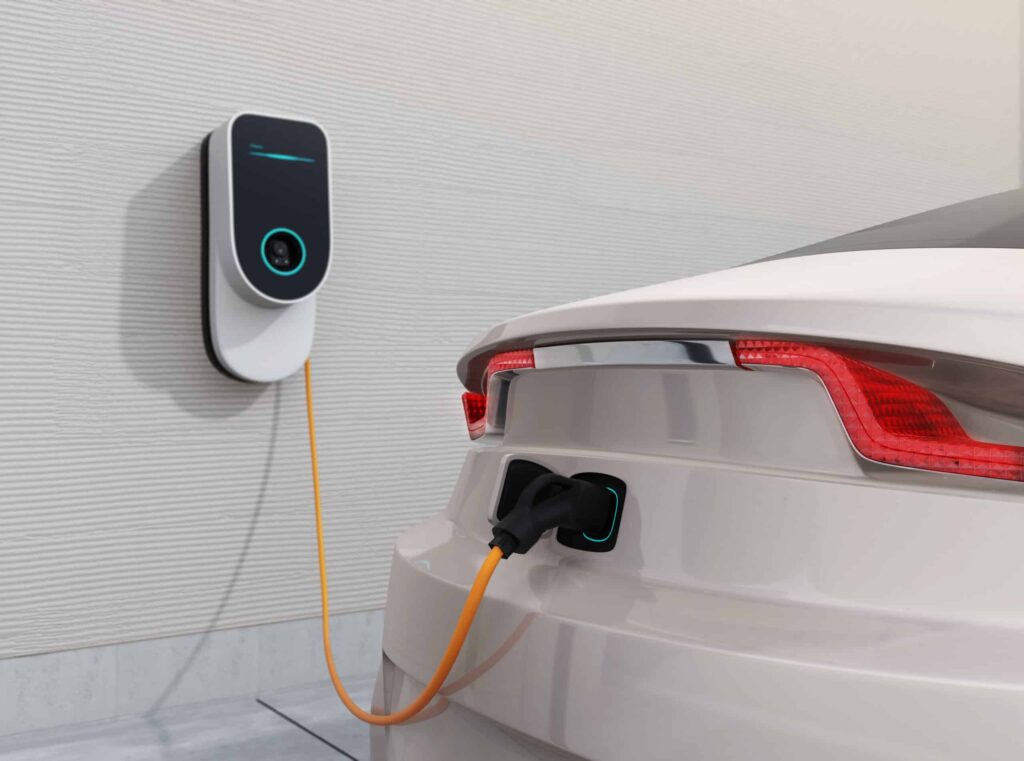Tax credits are an amount that you can subtract from the taxes you owe which can either lower how much you owe or increase your refund. There are tax credits for energy efficiency and clean energy to encourage a greener planet. However, in spite of how many tax credits there are, it can be challenging finding ones you are eligible for and determining whether or not you actually meet the requirements.
With the upswing in clean vehicles and the Clean Vehicle Tax Credits, many wonder which electric vehicles meet the requirements and whether or not there are other specifications they should be aware of. Here is some more information about the Clean Vehicle Tax Credits and some of the requirements you must meet to qualify for it.

What Is The Clean Vehicle Tax Credit?
All-electric, plug-in hybrid, and fuel cell electric vehicles may be eligible for a federal income tax credit. Taxpayers who purchase an eligible vehicle may be able to qualify for a tax credit up to $7500 for vehicles purchased new in 2023 or after. Qualified vehicles purchased prior to 2023 may be eligible for a similar credit. Pre-owned vehicles purchased in 2023 or prior may be eligible for a credit up to $4000.
There is also a Commercial Clean Vehicle Credit for businesses and non-profit organizations.
The Clean Vehicle Tax Credits Requirements
The Inflation Reduction Act in 2022 changed the existing credit for electric vehicles to require final assembly in North America.
The IRS states that: “If you take possession of a new clean vehicle on or after April 18, 2023, it must meet critical mineral and battery component requirements to qualify for the credit.” This is applicable to vehicles purchased prior to April 18, 2023, as well.
Some general requirements include:
- The vehicle must be made by a qualified manufacturer (exception for fuel cell vehicles – more information here.)
- It must have a gross vehicle weight rating less than 14,000 lbs.
- It must have a battery capacity of at least 7 kilowatt hrs.
- It must undergo final assembly in North America.
- The MSRP (manufacturer suggested retail price) cannot exceed $80,000 for pickup trucks, sport utility vehicles, and vans or $55,000 for other vehicles.
Additionally, the sale will only qualify if you buy the vehicle new and if required information is reported by the seller to both you and the IRS at the time of sale. From January 1, 2024 onward, the dealer must be registered with the IRS Energy Credits Online and the vehicle must be approved through this at the time of sale.
Other requirements apply, such as adjusted gross income caps.
What Vehicles Quality For The Credit?
The IRS has compiled a listing of vehicles that qualify for the electric vehicle tax credit that also notes the amount of the qualifying credit. This list can be found on the IRS website here: Qualified Clean Vehicles.
You can also search your car’s VIN number on the Department of Energy’s fuel economy website to see if your vehicle’s final assembly was completed in North America, a component of qualifying for this credit. You can do this by following this link: Electric Vehicles with Final Assembly in North America.

Some of the vehicles that may qualify include:
- 2024 Cadillac LYRIQ
- 2024 Ford F-150 Lightning
- 2024 Tesla Model 3 Performance
- 2024 Honda Prologue
- 2023 Chevrolet Bolt EUV
- 2023 Jeep Wrangler PHEV 4xe
- 2023 Volkswagen ID.4 AWD PRO
- 2022 Chrysler Pacifica PHEV
For pre-owned vehicles purchased on or after January 1, 2023, you can see if your vehicle may apply for a credit up to $4000 by using the Department of Energy’s fuel economy table found here: Pre-owned Plug-in Electric and Fuel Cell Vehicles.
Not every version of the models will qualify. For any eligibility questions that you may have, you can contact your vehicle’s manufacturer or reference information, such as this Frequently Asked Questions document from the IRS. Their Clean Energy and Vehicle Credits section provides in-depth information about all requirements and updates.
Is There A Catch?
If you qualify for this tax credit, it is only available as a non-refundable tax credit. Thus, you can’t get more money than you owe in taxes.
How Do You Claim The Credit?
In order to claim this credit, you will need your vehicle’s VIN and to file Form 8936 (Qualified Plug-in Electric Drive Motor Vehicle Credit) with your tax return.
As of 2024, the credit may also be claimed at the time of purchase. The credit is signed over to an IRS-registered dealer, who then applies the credit amount to the cost of the vehicle, reducing the vehicle’s price on the spot.
Do You Need Help Finding Tax Credits You’re Eligible For?

The certified public accountants here at Golub, Senitt, Rosenberg & Co help our clients reduce their tax liability through methods that include helping you find all of the tax credits and deductions that you are eligible for. We don’t just help prepare business and personal tax returns during tax season – we can also help you plan for taxes all year round, to help you pay the lowest taxes legally possible.
From tax preparation to tax risk consulting, tax retirement planning, and the full gambit of CPA services, count on us for accurate, high-quality work you can trust time and time again. Contact us today to learn more about our CPA services for those in and around Glendale, CA.
[author_info]